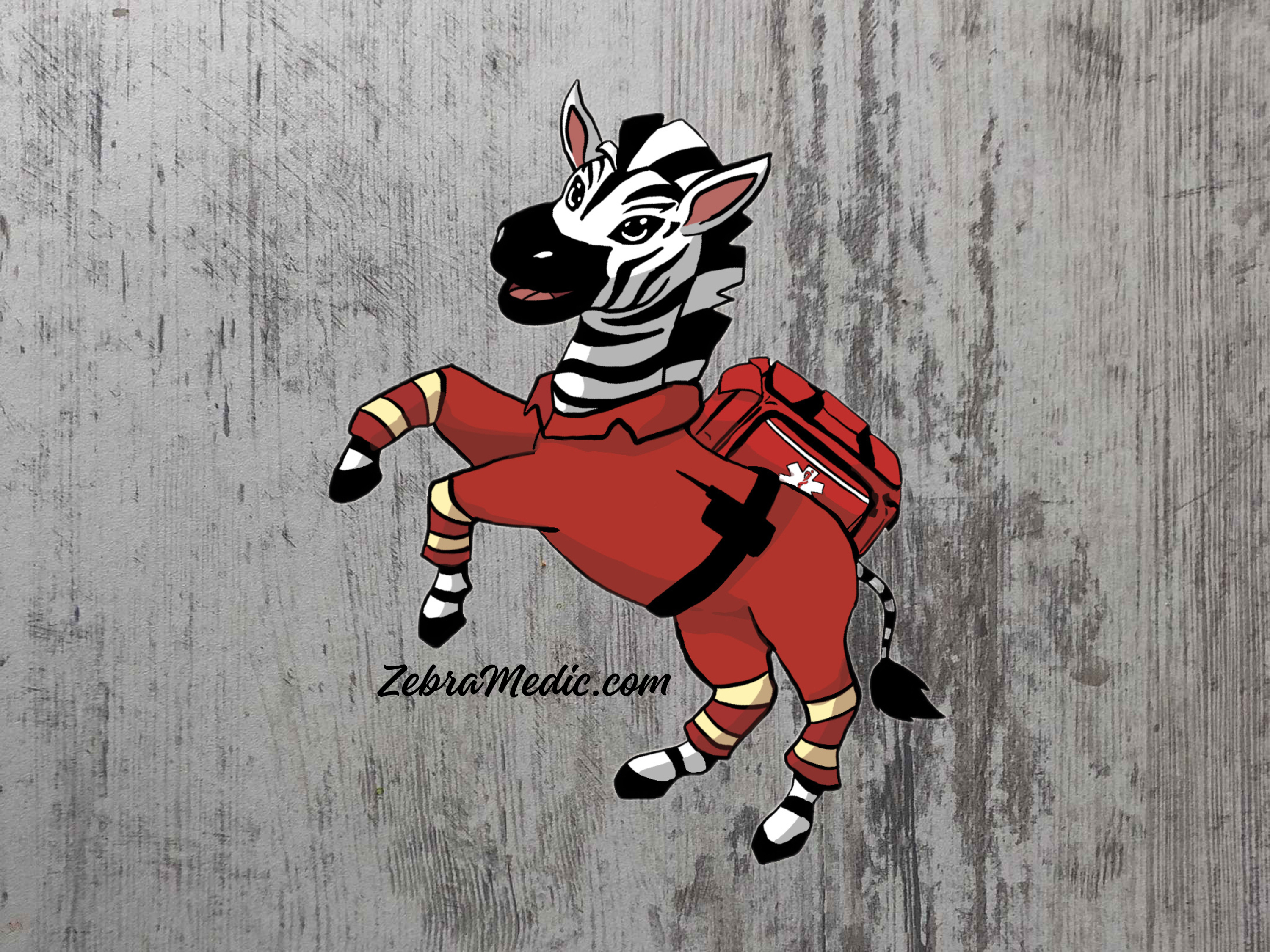When Life Feels Impossible: Small Wins for Chronic Pain and Mental Health
- Jessy

- Feb 21
- 3 min read

Living with chronic pain—whether from a rare disease, an injury, or an invisible illness—can take a serious toll. It doesn’t just affect the body; it drains energy, disrupts motivation, and can even impact mental health. Add in depression, fatigue, or brain fog, and suddenly even basic tasks feel overwhelming.
If you’ve ever felt stuck in a cycle of exhaustion, frustration, and guilt over not doing "enough," you’re not alone. The good news? You don’t have to overhaul your life overnight. The trick is finding small, manageable wins that build momentum without adding more stress.
Step 1: Pain, Fatigue, and Motivation—The Truth
If you’re struggling to keep up, it’s not because you’re lazy or unmotivated. Chronic pain forces your body to work overtime just to function, draining physical and mental energy.
✅ Pain is exhausting—your body is using extra energy just to exist.✅ Mental health struggles are valid—they’re not “all in your head.”✅ You are not failing—you’re navigating a life most people don’t understand.
The goal isn’t perfection—it’s progress, however small.
Step 2: Start with the Basics—Small Wins Matter
When everything feels too much, focus on one tiny thing at a time:
Got out of bed? Win.
Drank some water? Win.
Moved your body for 2 minutes? Win.
Took medication or did self-care? Win.
Even the smallest effort counts. The more you acknowledge these wins, the easier it becomes to keep going.
Step 3: Chores Without Overwhelm
Housework, errands, and even basic hygiene can feel impossible when you're in pain or exhausted. Try these tricks to make tasks more manageable:
Make Chores Fit Into Your Routine ("Habit Stacking")
Pair a small task with something you already do to make it automatic:✔ Brushing your teeth? Take 10 seconds to wipe down the sink.✔ Waiting for your coffee to brew? Empty a few dishes from the dishwasher.✔ Going to the bathroom? Toss a few items into the laundry bin.
These tiny actions add up over time without feeling like extra effort.
Use Timers & Break It Down
Set a 5-minute timer – Just start. If you feel like stopping after, that’s fine—you did something.
One small action is enough – Instead of "clean the kitchen," try "wash one dish" or "wipe one counter."
Pacing matters – Spread tasks throughout the day instead of pushing through all at once.
Even partially done is better than not started. Don’t aim for perfect—just aim for progress.
Step 4: Fighting Isolation & Low Mood
Pain and fatigue make it easy to withdraw, but even small connections can help:
💬 Send a message or meme—no need for long conversations.
📱 Reply to one text—even if it’s just an emoji, it keeps the connection open.
☀️ Go outside for 5 minutes—fresh air and light help reset your body’s rhythms.
🎮 Join a game or casual chat group—socializing doesn’t have to be draining.
You don’t have to force socializing, but small interactions fight isolation and remind you that you’re not alone.
Step 5: When It Feels Too Much, Lower the Bar
Some days, success might just be putting on clean clothes or eating something easy. That’s okay.
Use a checklist – A short, simple list of daily essentials can help reduce decision fatigue.
Ask for help – Whether from family, friends, or tools like grocery delivery, don’t be afraid to make things easier on yourself.
Focus on Future You – Small actions today can make tomorrow easier. Even "laying out clothes for later" is a win.
Final Thought: You Are Doing Better Than You Think
If you’re reading this, you haven’t given up. That means there’s still hope. Healing—whether physical or emotional—isn’t linear, and bad days don’t erase progress.
💡 What’s one tiny win you can do today? Even the smallest step matters. And if today is a total loss? That’s okay too. Tomorrow is another chance.
🦓 You are not alone, and you are not failing. You’re just navigating life with extra challenges—and that’s something to be proud of.




Comments